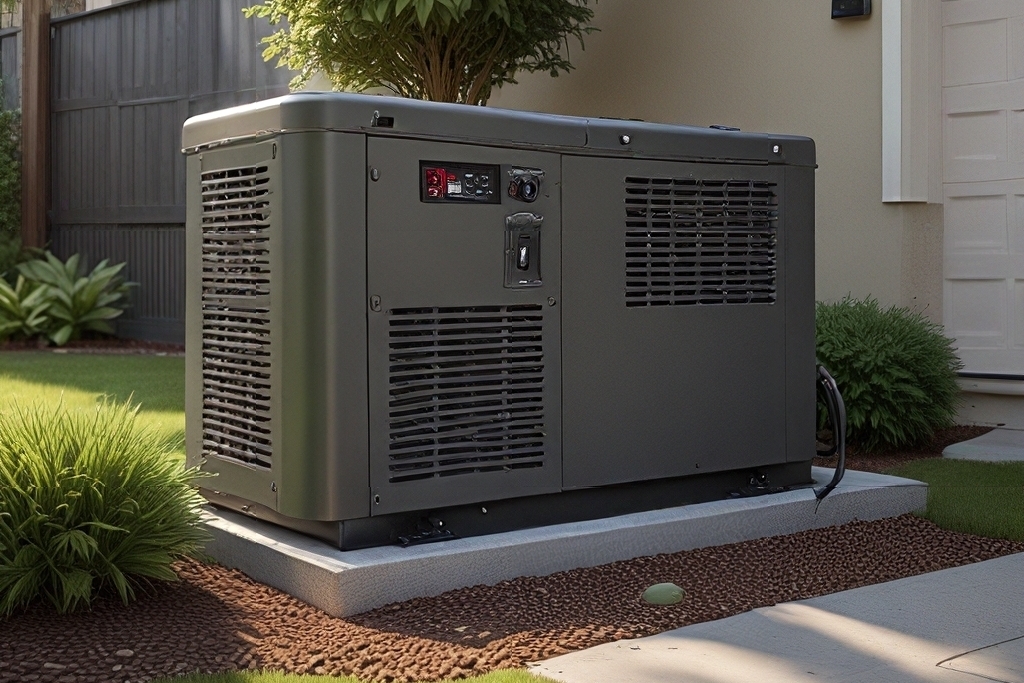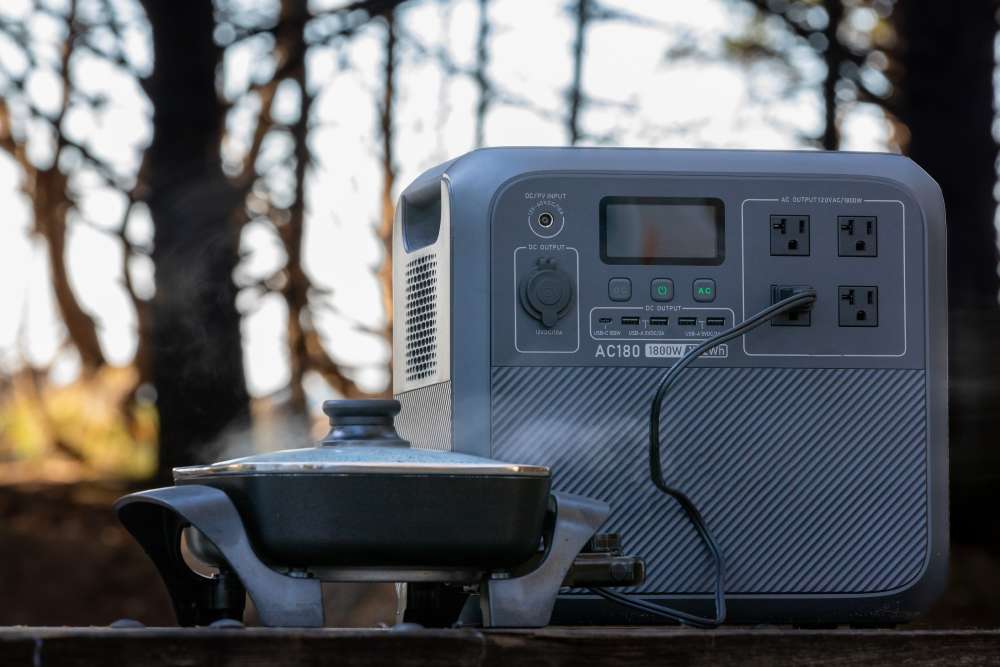Emergency Generators in New Zealand: Ensuring Uninterrupted Power Supply
In the picturesque yet tempestuous landscapes of New Zealand, emergency generators serve as indispensable assets for households, businesses, and critical infrastructures. Whether facing frequent storms, seismic activities, or grid failures, having reliable backup power is crucial for maintaining continuity and safety. This article delves into the relevance, types, and selection criteria of emergency generators within the New Zealand context, while also elucidating the benefits and considerations that come with such an investment.

Importance of Emergency Generators
New Zealand’s geographic location and natural topography render it prone to diverse environmental challenges. Earthquakes, frequent in the seismic zones of the country, can disrupt the power supplies for extended periods. Similarly, powerful storms, floods, and even volcanic activities can compromise the grid infrastructure, leading to unforeseen blackouts.
The role of emergency generators can’t be overstated:
– Home Safety and Comfort: For households, generators ensure that essential appliances remain operational during power outages, safeguarding food supplies, ensuring heating in winter months, and allowing medical devices to function uninterruptedly.
– Business Continuity: For businesses, especially those requiring temperature-controlled environments or continuous IT operations, generators minimize downtime, thereby protecting financial assets and maintaining service delivery.
– Critical Infrastructures: Hospitals, emergency services, and communication towers rely extensively on backup power systems to guarantee operational continuity in crises, thereby ensuring public safety and welfare.
Types of Emergency Generators
Emergency generators come in varying types and capacities, each best suited to specific needs and applications. Below are the most common types:
1. Portable Generators
Portable generators are versatile, mobile units ideal for temporary and smaller scale applications. They are generally used for:
– Home Use: During short power outages.
– Outdoor Activities: Such as camping or outdoor events.
2. Standby Generators
Standby generators offer a permanent solution, automatically activating during power failures. They are ideal for:
– Homes: For residents requiring uninterrupted power for medical devices or heating systems.
– Businesses: For seamless operational continuity.
3. Inverter Generators
Known for their fuel efficiency and quieter operation, inverter generators are well-suited for sensitive electronics due to their stable power output:
– Home Use: In residential areas where noise is a consideration.
– Recreational Use: For smooth power supply during travel or outdoor activities.
Criteria for Selecting an Emergency Generator
Choosing the right generator involves several critical factors. Here’s a checklist to guide you:
1. Power Requirements
Ascertain your power needs by summing the wattage of all the appliances or systems you intend to run simultaneously. This will help determine the generator size that is appropriate for you.
2. Fuel Type
Common fuel options include diesel, petrol, and propane. Each has its benefits:
– Diesel: Known for efficiency and durability, ideal for heavy-duty uses.
– Petrol: Easily accessible and good for smaller, portable units.
– Propane: Clean-burning and safe for storage over extended periods.
3. Noise Levels
Consider the noise levels, especially for residential areas. Inverter and standby generators tend to be quieter than the conventional portable types.
4. Cost and Quality
Balance cost against features and reliability. Higher initial investments may offer better long-term reliability and maintenance ease.
5. Maintenance and Servicing
Ensure that the model has accessible servicing and spare parts. Regular maintenance is crucial for ensuring reliability in an emergency.
Benefits of Using Emergency Generators
1. Enhanced Safety
In emergencies, a continuous power supply ensures that safety systems such as fire alarms, medical systems, and security cameras function without interruption.
2. Economic Stability
Businesses protected by generators avoid revenue loss and maintain customer trust by ensuring operational continuity.
3. Peace of Mind
Knowing that you are prepared for any power disruptions provides immense peace of mind, allowing for day-to-day activities to go on unobstructed, regardless of external circumstances.
Installation and Legal Considerations
Before installing an emergency generator, it’s crucial to consult local regulations and compliance standards. In New Zealand, generators should be installed by certified professionals to ensure safety and legal compliance. Proper ventilation, secure placement, and adherence to noise regulations are pivotal to avoid any legal or safety issues.
Additionally, regular testing of the generator is recommended to ensure it will function as expected during an actual emergency. Some newer models come with self-testing capabilities, which enhance reliability.
Emergency generators are not merely luxuries but necessities in the diverse and dynamic environment of New Zealand. By understanding the types, selecting the right unit based on specific criteria, and maintaining it properly, households and businesses can safeguard themselves against unforeseen power disruptions. Investing in an emergency generator provides not just an uninterrupted power supply but also peace of mind and security, ensuring readiness in the face of any adversity.
By adhering to these guidelines and considerations, New Zealanders can make informed decisions about emergency power solutions for a more resilient future.




